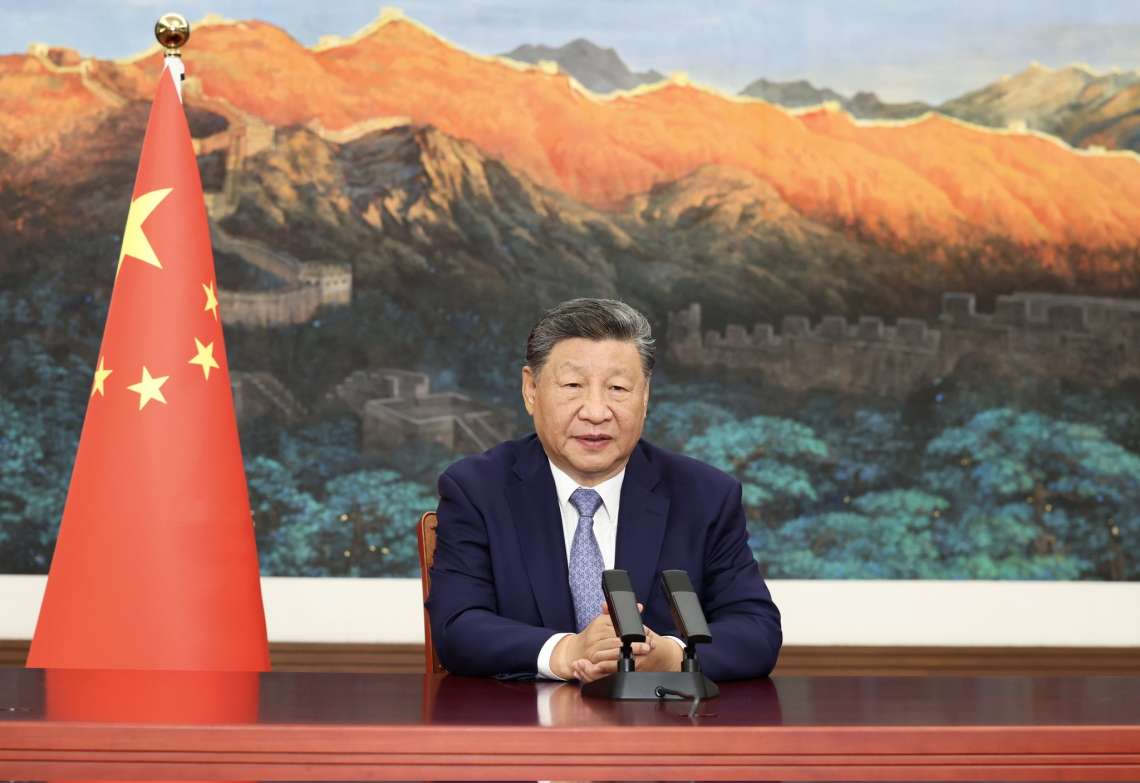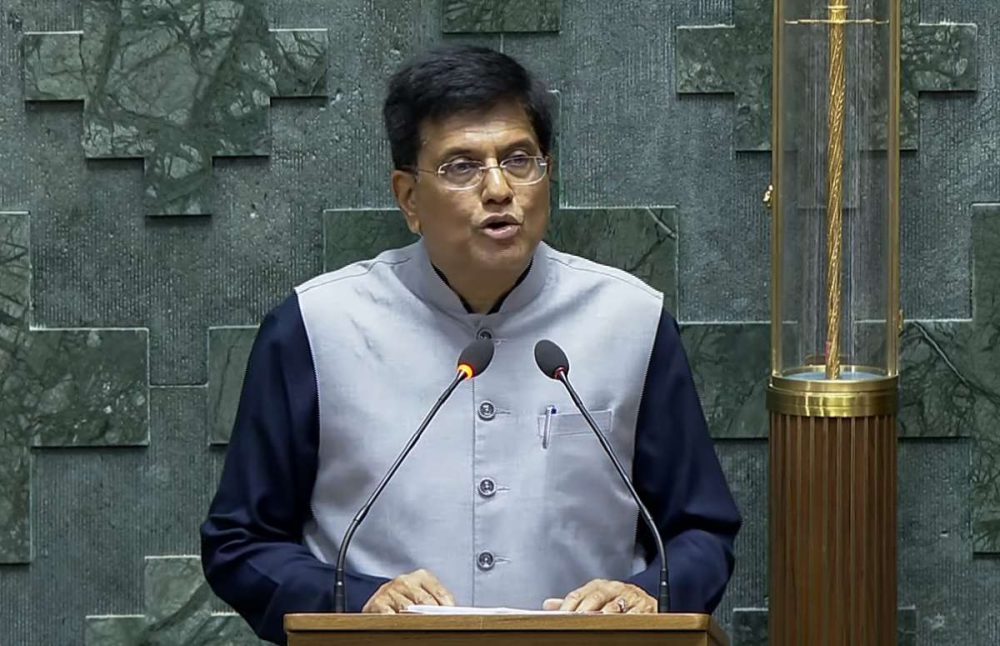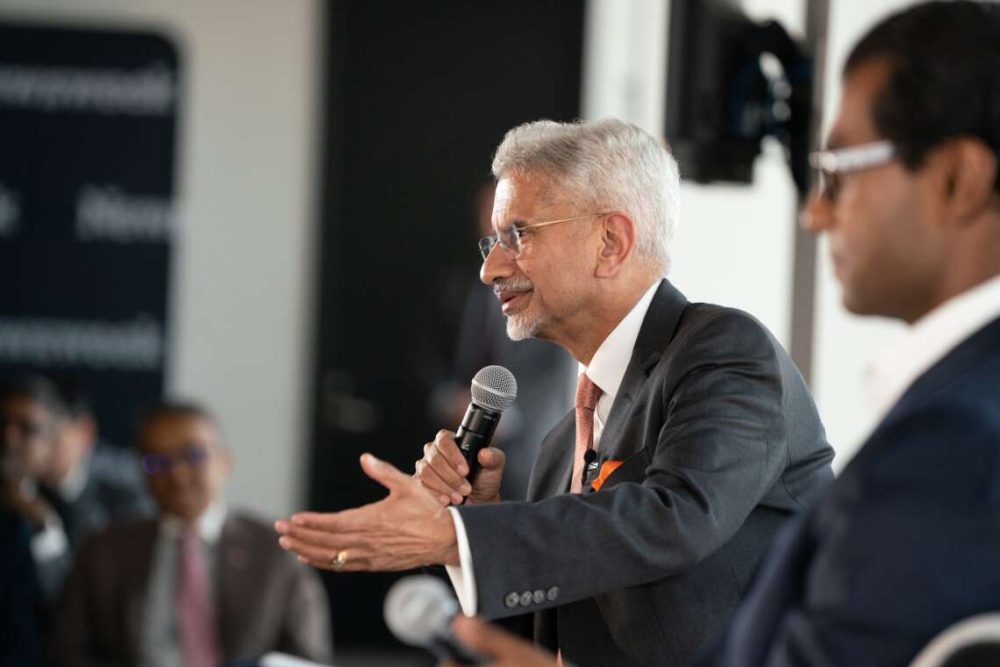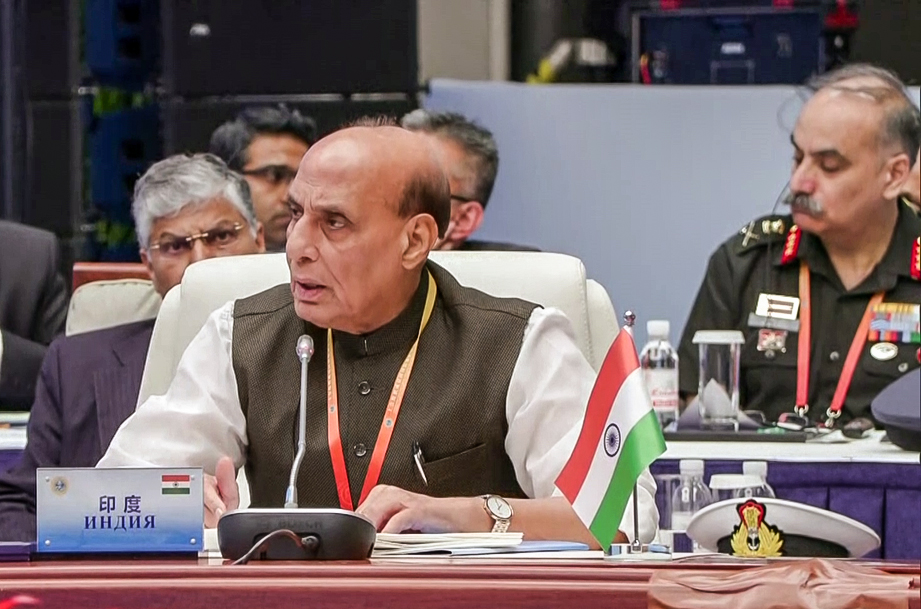Experts say the dam project could alter the river’s natural flow and place downstream nations at risk of floods and droughts.
The construction of a mega hydropower dam by China on the Brahmaputra River in Tibet has triggered serious concerns among Tibetan experts in exile, who warn of its potential impact on the environment, regional geopolitics, and the livelihoods of downstream countries like India and Bangladesh.
The proposed dam, expected to be larger than the Three Gorges Dam, is coming up in the seismically active Medog region. Experts say the project could alter the river’s natural flow and place downstream nations at risk of floods and droughts.
Dechen Palmo, a researcher at the Tibet Policy Institute of the Tibetan government in-exile, told ANI, “This is not surprising at all. For the past many decades China has been looking into ways to exploit these water resources. Last year China announced that they had approved the construction of the dam and now recently Chinese government have announced that they are going to start the construction.”
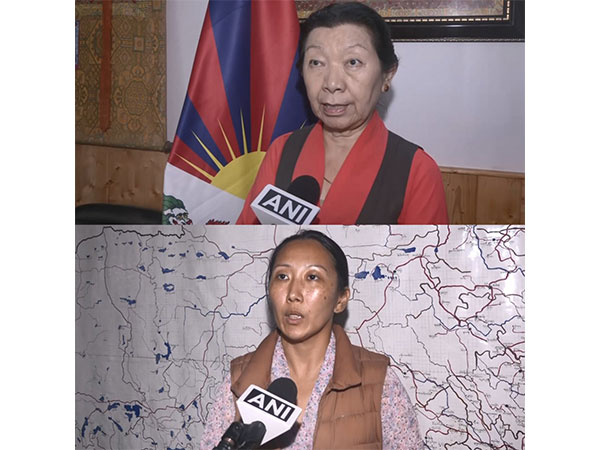
She pointed out the lack of transparency around the project’s design and impact. “The more concerning issue is that they have not announced that how this dam will be constructed and what impact it will have on the people. They should also take into consideration the concerns of lower downstream countries.”
Palmo emphasized that China has not shared key details about the project. “Overall they have not shared the information about the project it can have impact on the environment, the people who are living along the river and it can also have geopolitical impact on the region.”
Highlighting environmental risks, she said, “The region is itself seismically active and there are many recent incidents where there are number of landslides and earthquakes happening in the region. So, by constructing such a huge dam which would twice the size of Three Gorges Dam, can create huge impact on environment and the people.”
She added, “The secrecy and the Chinese government not sharing this information also make people more concerned about what impact it has. If there is a transparency from the Chinese government side, it can also ease the tensions among people and other countries.”
Palmo warned that downstream countries remain vulnerable. “Since it is transboundary river, many of the downstream countries like India and Bangladesh, they are heavily dependent on rivers. So most of the agriculture in Assam are also dependent on the rivers. Rivers are also considered a lifeline for Bangladesh.”
“So by holding so much of water in these dams it can cause anytime floods and droughts in downstream countries. It is like downstream countries are at the mercy of Chinese government,” she said.
Dolma Tsering, deputy speaker of the Tibetan parliament in-exile, echoed similar concerns, stating, “It is a great concern. China has the maximum number of hydro dams in the world and still they are not satisfied with that. The Three Gorges Dam was supposed to be the biggest Dam, now they are building bigger than Three Gorges Dam over Brahmaputra.”
She stressed that the project’s location in a seismic zone could pose dangers to all riparian nations. “I think it is a very serious concern the world needs to take note of because it is in a seismic prone area of south Asia, if something happens to dam what will happen to all the riparian nations.”
She also pointed out China’s potential use of the project as a political tool. “China might use hydro power as leverage to have any deal with rest of countries where these waters are flowing and next to that the world must take into consideration that by building all these power grid they are selling power to different countries.”
Tsering said the Tibetan parliament-in-exile has been trying to raise the issue. “Whenever the Indian parliament session is held, we always go there and try to bring it in the notice to the members of the parliament. Since more than two years we have been talking about this dam the one in Medog is coming up. India should take a note of it and we are sure that they will look into it.”
Explaining the meaning of “leverage”, she added, “When I say leverage, it means they are going to weaponise the hydropower dams. When the tap is in their hands towards the northeastern side, whenever they want they can use it as a flood generating dam or whenever our crops are good they may just close it and bring drought to our farmers. These are related to the livelihood and existence of communities in the south Asian countries.” (ANI)




